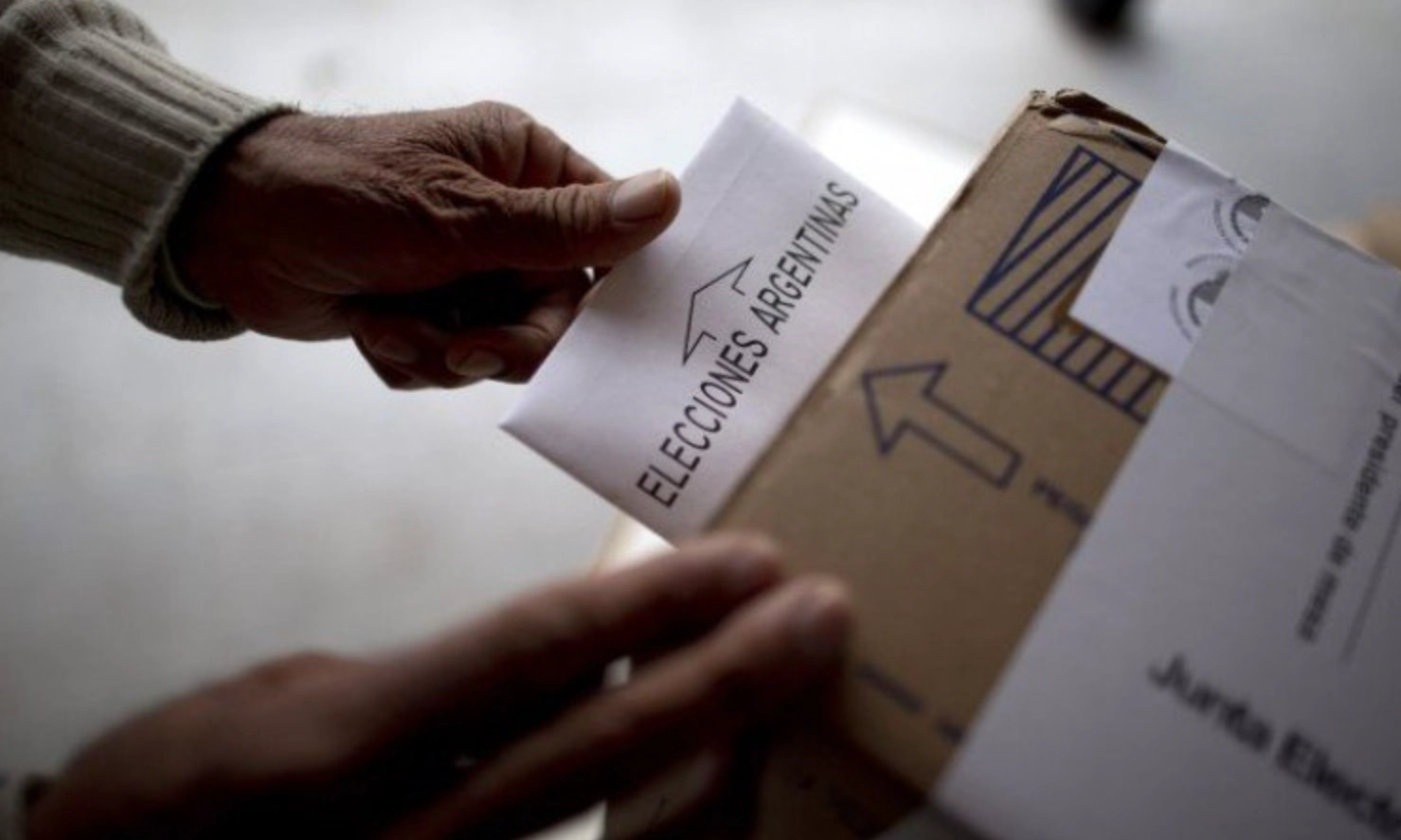Anniversaries are always a good time to make assessments, especially when the numbers are round. Forty years after Argentina’s democratic recovery, and in the context of the 2023 electoral process, we ask ourselves: What role does the organized citizenry have in the elections?
Unlike other countries in the region (see index of Electoral Observation in Latin America), Argentina does not have the figure of electoral observation, domestic or international, in its legal framework. Instead, there is what the National Electoral Chamber (CNE) has defined as “civic accompaniment”, understood as “the set of activities carried out by organizations or entities of the civil society of our country, tending to carry out a punctual follow-up of the electoral act, which will include the search and complete and exact obtaining of information, and its impartial and professional analysis for the drawing of conclusions”.
While the electoral observation foresees the participation of observers in the pre-electoral phase (registration of parties, candidacies, electoral campaign, simulations, etc.) and post-electoral (transmission and totalization of results, definitive scrutiny, among others), the civic accompaniment only considers the electoral act as possible to be monitored.
On the other hand, it is not regulated by law, but it is a CNE agreement, so there are no stipulated deadlines for accreditation, or to appeal in case the CNE has denied the participation of any organization.
This has facilitated that, for example, during the pandemic, the federal judge with electoral competence of the Autonomous City of Buenos Aires, María Romilda Servini de Cubría, has rejected the entrance of civic accompaniers to the voting centers because she considered them “foreign subjects” to the electoral process.
There are also no response deadlines from the CNE and the provincial Electoral Courts. So, on many occasions, the notifications of approval or rejection of the accreditation arrive 72 or 48 hours before the beginning of the election day.
It should also be noted that civic accompaniment is reserved only for Argentine organizations and individuals. There is no framework for the accreditation of international observation missions nor for foreigners residing in Argentina.
While countries such as Ecuador, Bolivia, Peru, Colombia, and Mexico positively value electoral observation, both international and national, Argentina together with Uruguay and Chile are the democratic countries most closed to citizen audits in Latin America.
In 2020, Transparencia Electoral supported a bill presented by the national deputy Gustavo Menna that sought to regulate the participation of national and international organizations in different stages of the electoral process. Unfortunately, it did not advance to the legislative stage, as other previous projects with similar objectives.
Argentine institutions have not understood the importance and usefulness of domestic and international electoral observation. While in the region it is the rule, Argentina, for example, is one of the few countries that has not invited an electoral observation mission from the Organization of American States (OAS).
Electoral observation not only deters actors from committing irregularities and electoral malpractices but also has an enormous potential to propose improvements in all phases of the electoral cycle. But, above all, it is a right of citizens who do not belong to political parties but are concerned about the quality of electoral processes, as well as a form of access to information.
Forty years after the recovery of democracy, and in the face of clear evidence of its exhaustion, establishing mechanisms for citizen auditing of elections can strengthen the electoral processes and result in greater legitimacy of the system.













